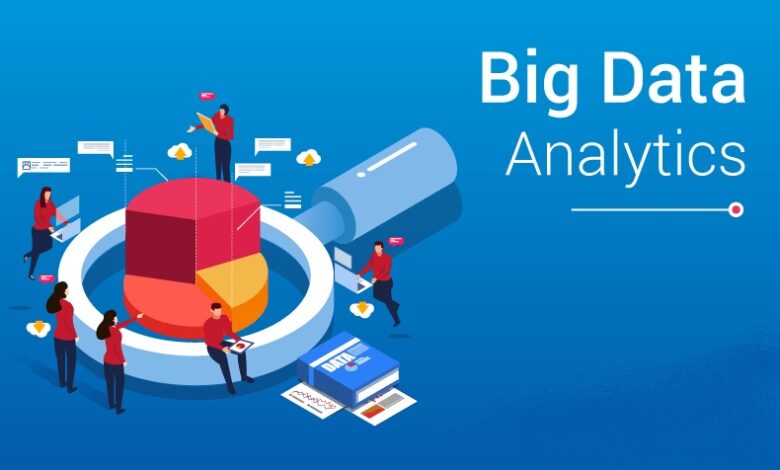
Big data analytics is the difficult process of analysing large amounts of data to uncover the hidden patterns, correlations, market trends, and customer preferences that can help businesses make better decisions.
Organizations can use data analytics tools and methodologies to examine large data sets and obtain new data. Business intelligence (BI) queries provide answers to basic questions about business operations and performance.
Big data analytics is a type of advanced analytics that entails complicated applications that rely on analytics systems to fuel predictive models, statistical algorithms, and what-if scenarios.
What is the significance of big data analytics?
Businesses may use big data and analytics services and software to make data-driven decisions that improve their bottom business. Benefits include more effective marketing, increased revenue opportunities, customer personalization, and improved operational efficiency. With the correct strategy, these advantages can create competitive advantages over competitors.
What it is and how it operates are two of the most important technologies.
The term “big data analytics” refers to a broad variety of technologies. Although advanced analytics is often associated with big data, it is actually a combination of technologies. That come together to help you get the most out of your data. The following are the main players:
Machine Learning is a term that refers to the study of Machine Learning, a subset of AI that teaches a machine to learn. Machine learning allows for the rapid and automatic creation of models that can analyse more, more complex data and provide faster, more accurate answers – even on a massive scale. Developing thorough models improves an organization’s chances of recognising valuable opportunities – or avoiding unexpected risks.
Information management is referred to as data management. Data must be of good quality, and well-governed before it can be successfully assessed. With so much data flowing in and out of a business, having repeatable processes for setting and maintaining data quality standards is vital. Businesses should create a master data management process after data is reliable to ensure that everyone in the company is on the same page.
Data Mining: Data mining is a word that refers to the process of using data mining technology to. Analyse large amounts, of data in order to identify patterns, that may then be used to solve complex business problems. With data mining tools, you may sift through all the chaotic and repetitive noise in data, highlight what’s important, use that knowledge to assess potential outcomes, and then accelerate the process of making smart judgments.
Hadoop: This open-source software architecture can store massive volumes of data and run a program on commodity hardware clusters. It has become a key technology for performing business due to the steady increase in data volumes and kinds, and its distributed computing model handles big data swiftly. Another benefit is Hadoop’s open-source architecture, which is free and capable of storing massive amounts of data on low-cost hardware.
Analytical processing in memory is known as in-memory analytics. By reviewing data from system memory, you may quickly gain insights from your data and act on them (rather than your hard disc drive). By reducing data preparation and analytical processing delays, this technology helps organisations to test novel scenarios and construct models faster. It’s a simple way for companies to stay agile and make better business decisions, and also run iterative and interactive analytics scenarios.




